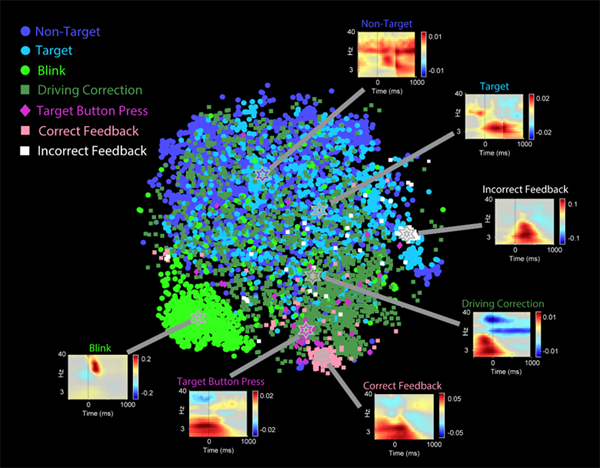
Abstract
Decades of investment in laboratory-based brain imaging and neuroscience have led to foundational insights into how humans sense, perceive, and interact with the external world. However, it is argued that fundamental differences between laboratory-based and naturalistic human behavior may exist. Thus, it remains unclear how well the current knowledge of human brain function translates into highly dynamic real-world environments. While there has been some demonstrated successes in real-world neurotechnologies, particularly in the area of brain-computer interface and rehabilitative systems, innovations and developments for non-medical applications are limited to a small science and technology community.
In this special issue, we welcome papers that address the challenges or technical barriers related to measuring and interpreting brain activity in real-world contexts. Likewise, we welcome original research confirming or challenging laboratory-based theories of brain dynamics through real-world experimentation. Here, real-world experimentation should include some aspect of high task complexity, subject mobility, non-laboratory environment, multiple individuals (e.g. dyadic), and/or broader social contexts. The scope of this special issue is interdisciplinary. The list of possible topics includes, but is not limited to:
- Frameworks for the interpretation of neurophysiological signals in complex tasks or scenarios, including the estimation of latent states and their relationship to behavior
- Demonstration or validation of portable systems for monitoring brain dynamics
- Methodologies for multimodal signal acquisition, artifact rejection, and data fusion in real-world and/or ambulatory environments
- Conceptual framework for the acquisition and interpretation of multi-aspect data for real-time integration into closed-loop systems
- Large scale, multi-experiment data analysis for the estimation of generalized cognitive aspects and their corresponding neural features
- The effects of context (environmental, physiological state, social, etc) on brain networks and behavior
Guest Editors:
Peter König, Universität Osnabrück
pkoenig@uos.de
W. David Hairston, CCDC Army Research Laboratory
william.d.hairston4.civ@mail.mil
Deadline EXTENDED: Papers due November 1, 2019
Download Call for Papers (PDF)

